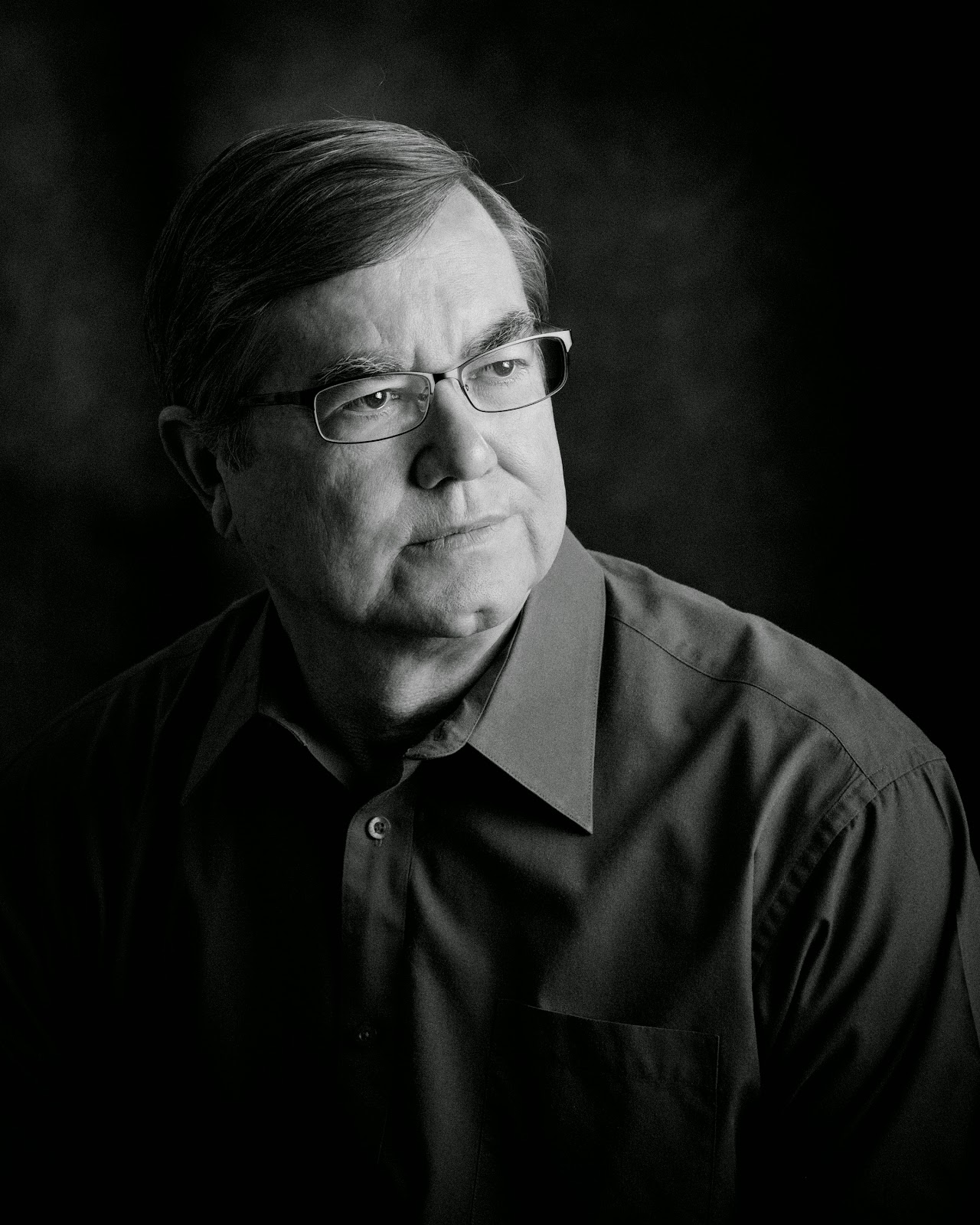 |
| John Norman Collins in 1969 and 2014 |
As I edit The Rainy Day Murders manuscript--material which is either too broad or doesn't advance the story of the Washtenaw County, Michigan murders--is being removed. Rather than reject these portions out of hand, I have decided to rework and repurpose some of them in my blog.
***
Early on in my research, I interviewed someone who rode motorcycles with accused serial killer John Norman Collins. He asked that I refer to him by his biking nickname. Dundee said that he and several others rode with Collins--who always took the lead position--and toured the back country north of Ypsilanti. This was the area where six of seven bodies of young women were deposited over a two year period. "Collins knew the area like the back of his hand," Dundee said.
I asked him if he had ever seen Collins pick up young women while cruising with him. "Yes, Collins liked riding with girls."
"What was his come-on to these girls?
"When he spotted someone who caught his eye, he'd drive up next to her and gun the bike's engine a few times to get her attention. Then he would grin and ask if she wanted a ride. He was a handsome, clean-cut guy who worked out with weights. Sometimes a girl would hop on the back of his bike, and he'd gun his engine and speed off--usually splitting from the pack. Sometimes John would only make a date or get a phone number.
"How often would this happen?'
"Occasionally. John was popular with the ladies," Dundee grinned.
"Did any of these ladies turn up dead?"
His grin disappeared, "Not that I know of."
"Do you think Collins was guilty of killing any of these girls?
Dundee's answer disappointed me.
"No. I don't believe he killed any of them."
"Not even Karen Sue Beineman, the coed Collins was found guilty of murdering?"
"No."
When I asked why not, he had nothing of substance to say other than John was a scapegoat for the county sheriff. It was obvious that--even after forty-five years--Dundee felt uncomfortable with the subject matter. I was hoping for more incriminating information about Collins. I asked if he had anything else he could tell me about his friend. Then, he shared this anecdote with me.
 |
| Tony Curtis as The Boston Strangler |
In October of 1968, he and Collins went to the Wayside Theater located on Washtenaw Boulevard--between Ypsilanti and Ann Arbor--to see Tony Curtis in The Boston Strangler. The movie had just been released and was being
shown in the new state-of-the-art theater which could seat
one thousand patrons. The Wayside had the biggest screen in the county at that
time--56' wide by 24' tall.
Dundee told me that when the movie was over, John was clearly excited and talkative. "John loved the cool split screen effects where you saw the killer’s
view and the victim’s view. We went into the lobby afterwards," Dundee said. "We
talked about going someplace to eat when John asked if I would stay and watch the
movie again with him.
"I told Collins that Tony Curtis’ performance freaked
me out because I liked seeing Curtis in comedies. The role of Albert DeSalvo was too dark and disturbing for me." Dundee took off and left Collins to
view the movie a second time alone. What Collins did after the film is
anybody’s guess.
Dundee remembered Collins remarking with pride how he thought he resembled Tony Curtis in that role--his looks and mannerisms.
“If you watch The
Boston Strangler," Dundee said, "the movie very clearly leaves room for a split
personality interpretation. Also, Albert DeSalvo was never taken to trial
or convicted of any of the crimes for which he was accused. The movie’s theme was that he got away with all
those murders.”
It should be noted for the record that Albert DeSalvo was recently found to be the
Strangler when DNA evidence--recovered in 2013 from his exhumed body--proved he
killed Mary Sullivan in 1964.
 |
| Albert DeSalvo in mental institution with handmade choker chain. |
It seems clear that John Norman Collins found inspiration
and a kindred spirit in Albert DeSalvo--the Boston Strangler--but
not motivation. He had plenty of that already. By the time The Boston Strangler movie was released, two of the Washtenaw
County murders had already been committed. Regardless, the movie undeniably resonated with Collins.






















